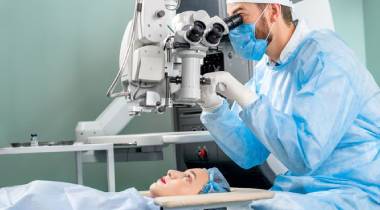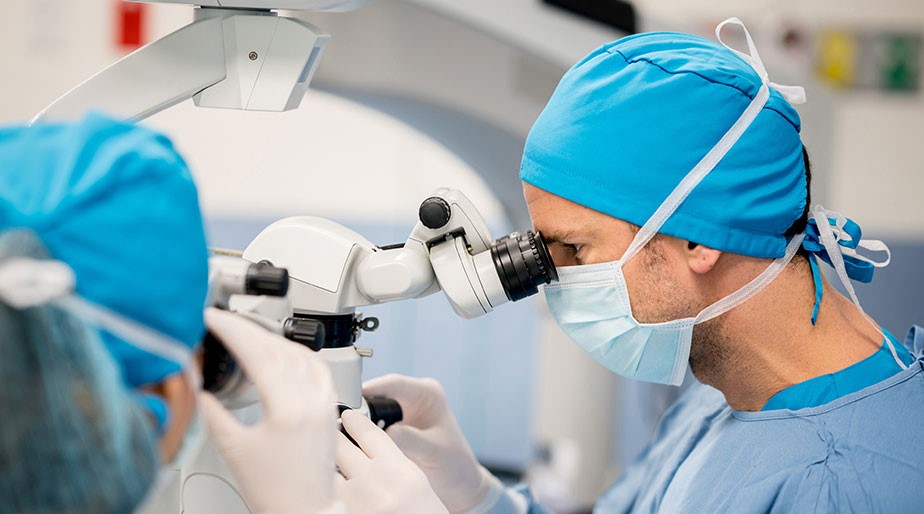
Preparing for an appointment with an eye specialist, also known as an ophthalmologist or optometrist, is crucial for ensuring a productive and effective visit. Whether you’re going for a routine eye exam or seeking treatment for a specific eye condition, adequate preparation can make the experience smoother and more beneficial. Here’s how to prepare for your appointment with the best eye specialist:
- Schedule the Appointment: Start by scheduling your appointment well in advance with the best eye specialist. This ensures you get a convenient time slot and allows you to plan accordingly. Consider any personal or work commitments to avoid rushing or feeling stressed on the day of your visit.
- Gather Necessary Information: Collect any relevant information about your medical history, including past eye conditions, surgeries, allergies, and current medications. This information helps your eye specialist understand your overall health and make informed decisions about your eye care.
- Review Your Insurance Coverage: Check your insurance coverage to understand what services are included and whether you need any referrals or authorizations for your eye appointment. This prevents any surprises regarding out-of-pocket expenses and ensures a smooth billing process.

- Make a List of Questions: Jot down any questions or concerns you have about your eye health. This could include inquiries about specific symptoms, treatment options, or lifestyle changes that may benefit your vision. Bringing a list ensures you don’t forget anything during your appointment.
- Bring Relevant Documents: Bring your insurance card, identification, and any referral forms provided by your primary care physician. Additionally, if you wear glasses or contact lenses, bring them along, as your eye specialist may want to assess your current prescription.
- Arrive Early: Aim to arrive at least 15 minutes before your scheduled appointment time. This allows ample time for check-in procedures, such as filling out forms or updating your personal information. Arriving early also reduces stress and ensures you have sufficient time to discuss your concerns with the specialist.
- Know Your Family History: Be prepared to discuss your family’s eye health history, including any hereditary conditions such as glaucoma or macular degeneration. Family history plays a significant role in assessing your risk factors for certain eye diseases.
- Bring a Companion if Necessary: If you anticipate undergoing certain tests or procedures that may affect your ability to drive afterward, consider bringing a companion who can accompany you home safely. This is especially important if your eyes may be dilated during the appointment, as it can temporarily impair your vision.







